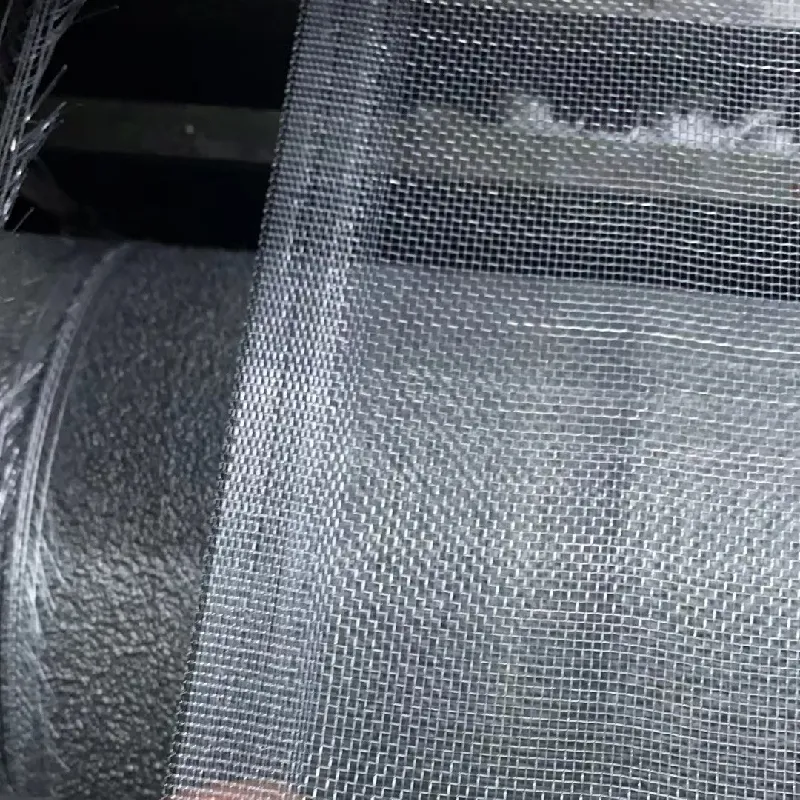-
 Afrikaans
Afrikaans -
 Albanian
Albanian -
 Amharic
Amharic -
 Arabic
Arabic -
 Armenian
Armenian -
 Azerbaijani
Azerbaijani -
 Basque
Basque -
 Belarusian
Belarusian -
 Bengali
Bengali -
 Bosnian
Bosnian -
 Bulgarian
Bulgarian -
 Catalan
Catalan -
 Cebuano
Cebuano -
 China
China -
 Corsican
Corsican -
 Croatian
Croatian -
 Czech
Czech -
 Danish
Danish -
 Dutch
Dutch -
 English
English -
 Esperanto
Esperanto -
 Estonian
Estonian -
 Finnish
Finnish -
 French
French -
 Frisian
Frisian -
 Galician
Galician -
 Georgian
Georgian -
 German
German -
 Greek
Greek -
 Gujarati
Gujarati -
 Haitian Creole
Haitian Creole -
 hausa
hausa -
 hawaiian
hawaiian -
 Hebrew
Hebrew -
 Hindi
Hindi -
 Miao
Miao -
 Hungarian
Hungarian -
 Icelandic
Icelandic -
 igbo
igbo -
 Indonesian
Indonesian -
 irish
irish -
 Italian
Italian -
 Japanese
Japanese -
 Javanese
Javanese -
 Kannada
Kannada -
 kazakh
kazakh -
 Khmer
Khmer -
 Rwandese
Rwandese -
 Korean
Korean -
 Kurdish
Kurdish -
 Kyrgyz
Kyrgyz -
 Lao
Lao -
 Latin
Latin -
 Latvian
Latvian -
 Lithuanian
Lithuanian -
 Luxembourgish
Luxembourgish -
 Macedonian
Macedonian -
 Malgashi
Malgashi -
 Malay
Malay -
 Malayalam
Malayalam -
 Maltese
Maltese -
 Maori
Maori -
 Marathi
Marathi -
 Mongolian
Mongolian -
 Myanmar
Myanmar -
 Nepali
Nepali -
 Norwegian
Norwegian -
 Norwegian
Norwegian -
 Occitan
Occitan -
 Pashto
Pashto -
 Persian
Persian -
 Polish
Polish -
 Portuguese
Portuguese -
 Punjabi
Punjabi -
 Romanian
Romanian -
 Russian
Russian -
 Samoan
Samoan -
 Scottish Gaelic
Scottish Gaelic -
 Serbian
Serbian -
 Sesotho
Sesotho -
 Shona
Shona -
 Sindhi
Sindhi -
 Sinhala
Sinhala -
 Slovak
Slovak -
 Slovenian
Slovenian -
 Somali
Somali -
 Spanish
Spanish -
 Sundanese
Sundanese -
 Swahili
Swahili -
 Swedish
Swedish -
 Tagalog
Tagalog -
 Tajik
Tajik -
 Tamil
Tamil -
 Tatar
Tatar -
 Telugu
Telugu -
 Thai
Thai -
 Turkish
Turkish -
 Turkmen
Turkmen -
 Ukrainian
Ukrainian -
 Urdu
Urdu -
 Uighur
Uighur -
 Uzbek
Uzbek -
 Vietnamese
Vietnamese -
 Welsh
Welsh -
 Bantu
Bantu -
 Yiddish
Yiddish -
 Yoruba
Yoruba -
 Zulu
Zulu
Effective Solutions for Protecting Vineyards with Netting Techniques and Benefits
The Importance of Vineyard Netting in Wine Production
Vineyards are essential to the wine industry, where the quality of the grape harvest directly impacts the final product. One of the critical measures that vineyard owners implement to protect their crops is vineyard netting. This practice has gained significant attention in recent years due to its multiple benefits, including pest control, bird deterrence, and even protection against adverse weather conditions.
What is Vineyard Netting?
Vineyard netting refers to the use of various types of nets strategically placed over grapevines. These nets come in different sizes, materials, and mesh configurations, depending on the specific challenges a vineyard may face. For instance, lightweight nets can be draped over vines to guard against birds looking to feast on ripe grapes, while sturdier options can protect against more significant threats like hail or raccoons.
Protecting Grapes from Wildlife
One of the most pressing concerns for vineyard owners is wildlife, particularly birds. Birds can consume large quantities of grapes, leading to significant losses for vineyards that rely on high-quality grapes for production. Vineyard netting serves as a physical barrier, effectively reducing bird-related damage. The nets are typically installed before the grapes begin to ripen, ensuring that the fruit remains protected throughout the critical harvesting period. In addition to birds, nets can also deter other animals, such as deer and raccoons, safeguarding the vineyard's yield.
Pest Management
In addition to preventing physical damage from animals, vineyard netting can also be an effective method for managing insect pests. Certain nets, known as insect nets, have been developed to exclude specific unwanted species while still allowing beneficial insects to access the plants. This selective exclusion helps maintain the ecological balance within the vineyard, reducing the need for chemical pesticides. Such a sustainable approach is increasingly necessary as consumers become more environmentally conscious and seek organic or minimally processed wines.
vineyard netting

Weather Protection
Vineyards are also at the mercy of unpredictable weather conditions, such as hailstorms, strong winds, and excessive heat. Vineyard netting can protect vulnerable grapevines from physical damage caused by hailstones or gusty winds. This protective layer helps ensure that grapes remain intact and reduces the risk of bruising and other injuries, which can compromise the quality and taste of the wine.
Promoting Sustainability
Using vineyard netting aligns with sustainable agricultural practices. By reducing reliance on pesticides and minimizing crop loss due to wildlife, vineyard owners can maintain a healthier ecosystem and produce higher-quality grapes. This sustainability aspect appeals to modern consumers who increasingly prefer products that reflect ethical farming practices.
Challenges and Considerations
While vineyard netting offers numerous benefits, vineyard owners must also consider some challenges. The initial cost of purchasing and installing nets can be significant, and ongoing maintenance is necessary to ensure their effectiveness. Additionally, improper installations can lead to trapped animals or even damage to the vines themselves. Therefore, careful planning and professional installation are crucial for maximizing the benefits of vineyard netting.
Conclusion
Vineyard netting is an invaluable tool in modern viticulture, providing essential protection for grapevines against wildlife, pests, and harsh weather conditions. As the wine industry continues to adapt to changing consumer preferences and environmental challenges, the use of vineyard netting stands out as a proactive and sustainable strategy. By investing in this protective measure, vineyard owners not only safeguard their harvest but also contribute to a more responsible and eco-friendly approach to wine production.
-
Stainless Steel Mesh SolutionsNewsMay.06,2025
-
Protecting Your Farm with Smart SolutionsNewsMay.06,2025
-
Practical Mesh Solutions for Your Home and GardenNewsMay.06,2025
-
Nylon Mesh SolutionsNewsMay.06,2025
-
Fish Breeding Nets for AquariumsNewsMay.06,2025
-
Essential Mesh Solutions for ConstructionNewsMay.06,2025











